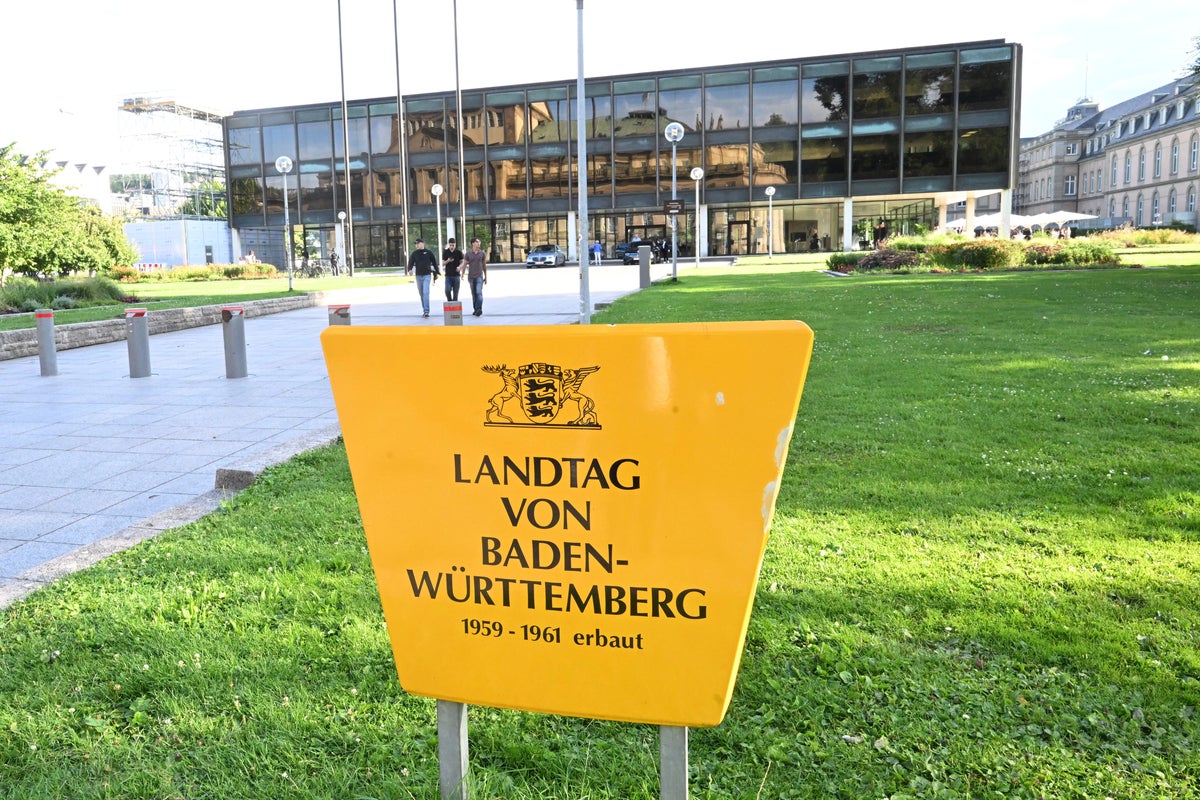
A regional lawmaker in Germany has admitted to drawing a swastika next to a far-right candidate's name on a ballot paper, leading to his resignation as deputy speaker of the state legislature.
The incident occurred during a vote for a regional cross-border body in the southwestern state of Baden-Wuerttemberg, which includes representatives from Germany, France, and Switzerland. The Nazi symbol was discovered on Thursday, prompting an admission on Friday from the lawmaker.
The far-right, anti-immigration Alternative for Germany (AfD) party had unsuccessfully attempted to secure the election of its nominees in the vote.
Using the swastika is illegal in Germany and falls under a ban on the symbols of unconstitutional organizations.
The speaker, Muhterem Aras, described the incident as “a disgrace for this parliament.” But, since it was a secret vote, it was not immediately clear who was responsible.
On Friday, Daniel Born, a deputy speaker of the legislature and member of the center-left Social Democrats, said that he had drawn the symbol next to the name of an AfD lawmaker.
He described his actions in a statement as a “serious mistake” and apologized. He said that he was stepping down as deputy speaker and leaving his party's parliamentary group.
Aras called for him to give up his parliamentary seat, German news agency dpa reported.
Born said that he had not intended to make out that a far-right lawmaker had drawn the symbol. “On the contrary, in a knee-jerk reaction, I wanted to show that votes for AfD are always votes for right-wing hatred and agitation, no matter in what election," he said.
AfD has firmly established itself as a force in German politics since it was formed 12 years ago, even as it has drifted steadily to the right.
In Germany's national election in February, it finished second with 20.8% of the vote, and is now the biggest opposition party in Berlin. However, mainstream parties refuse to work with it.
Born said in his statement that “it no longer leaves me a minute's peace” that people are increasingly getting used to the party.







